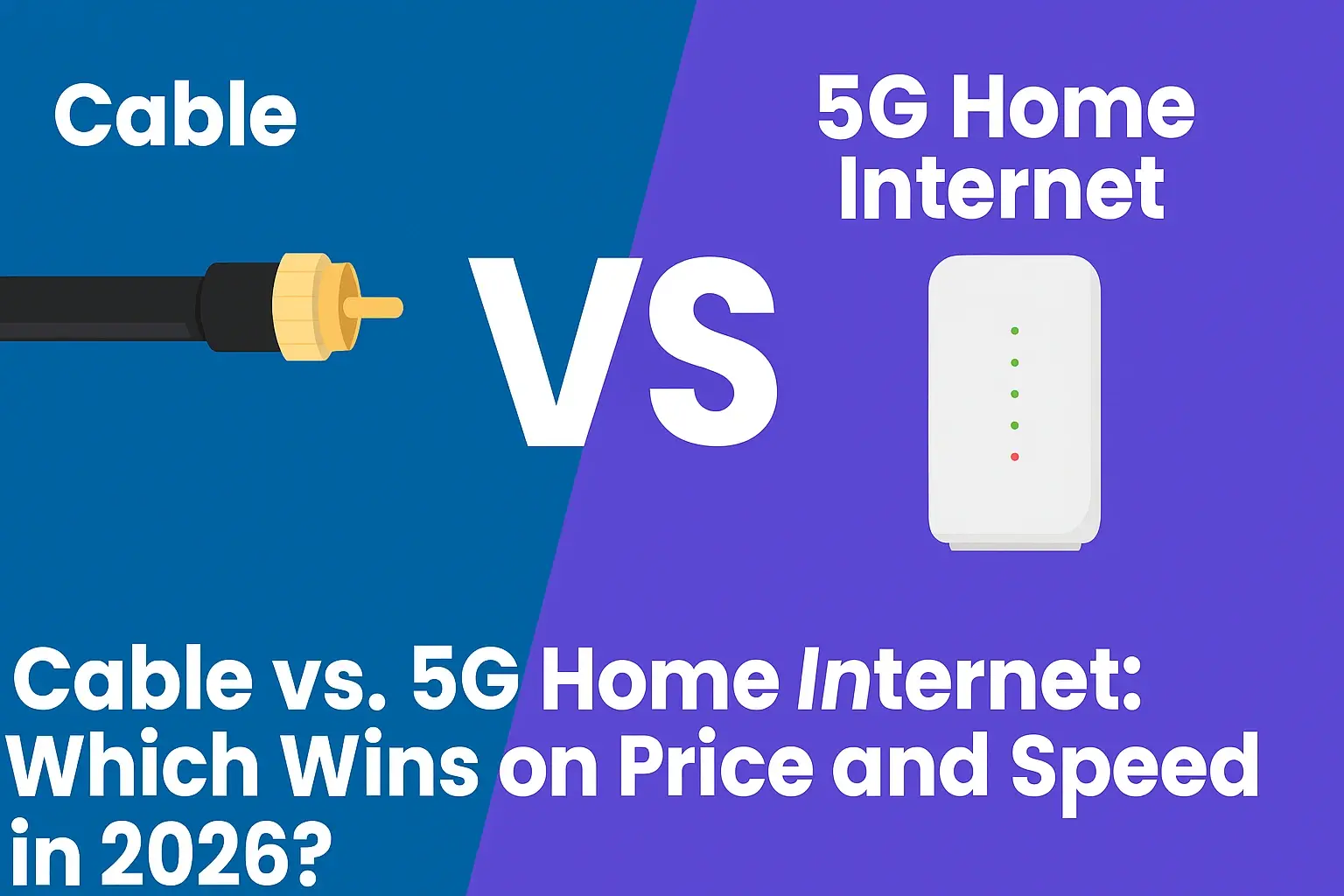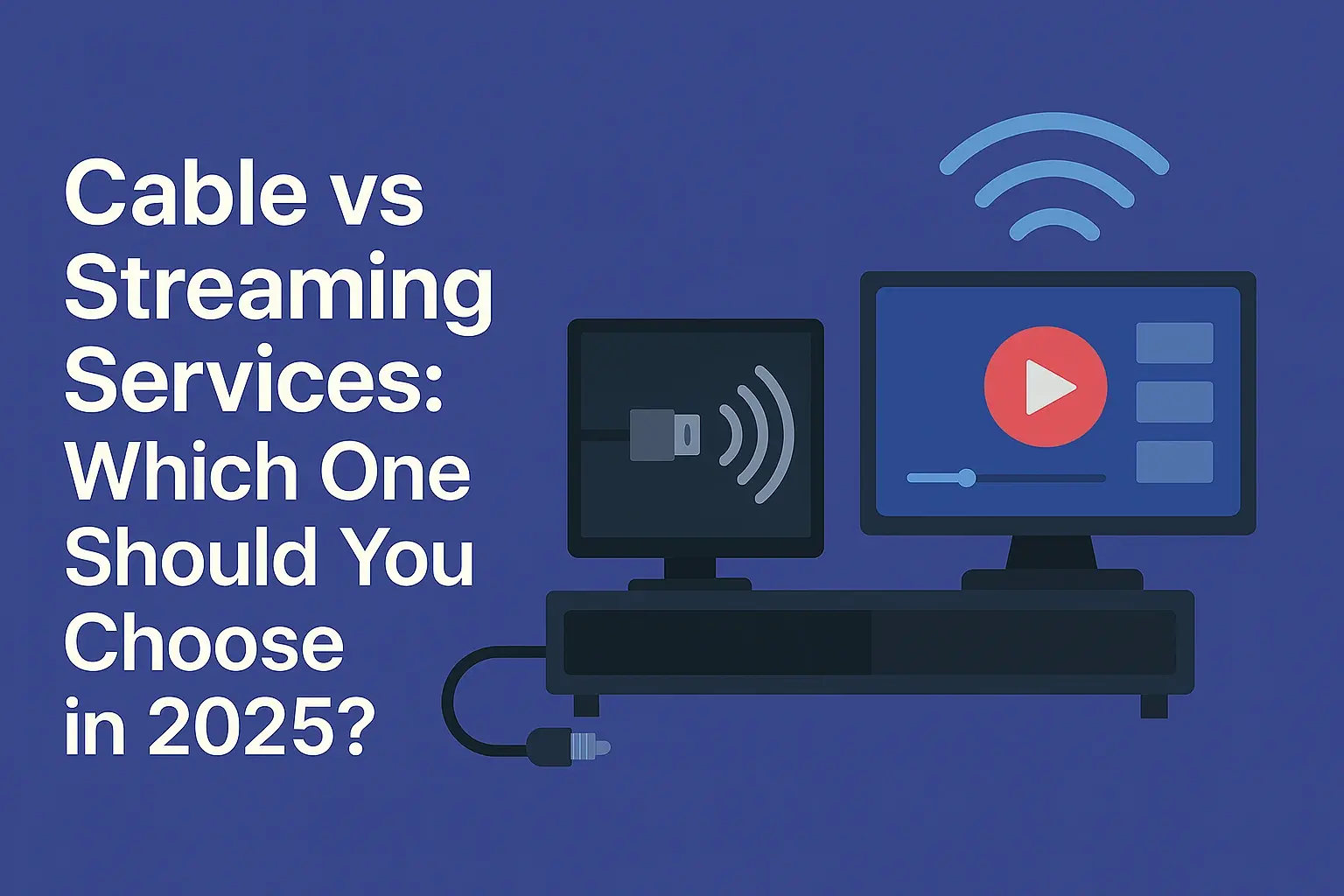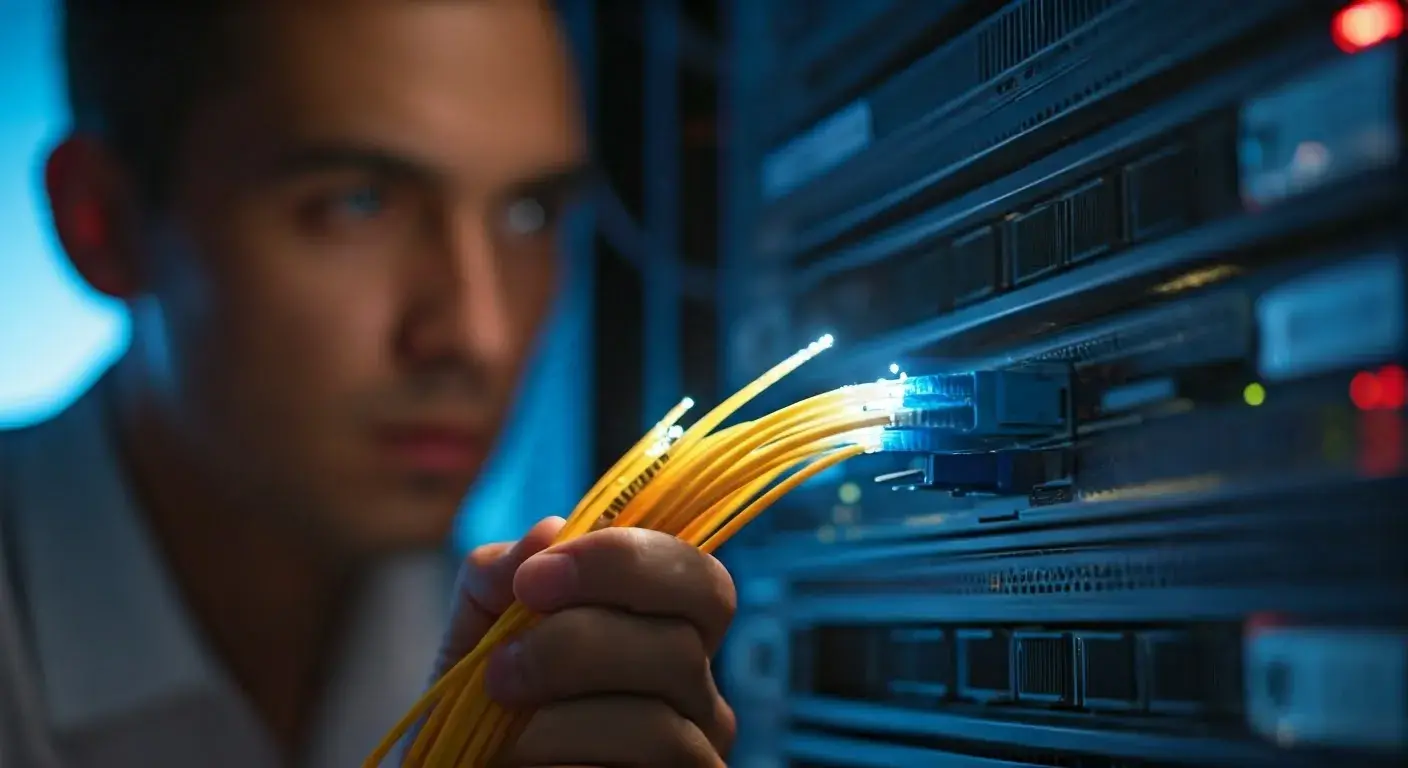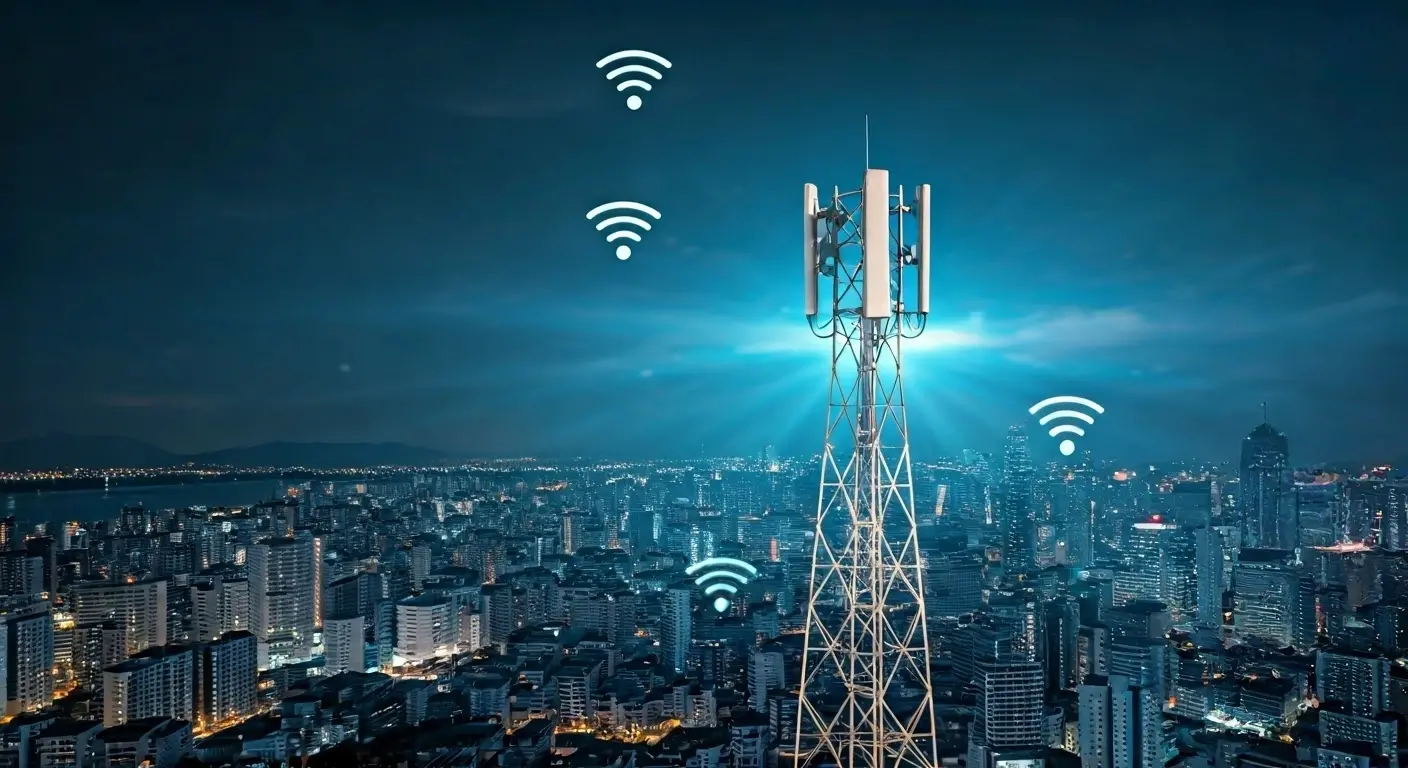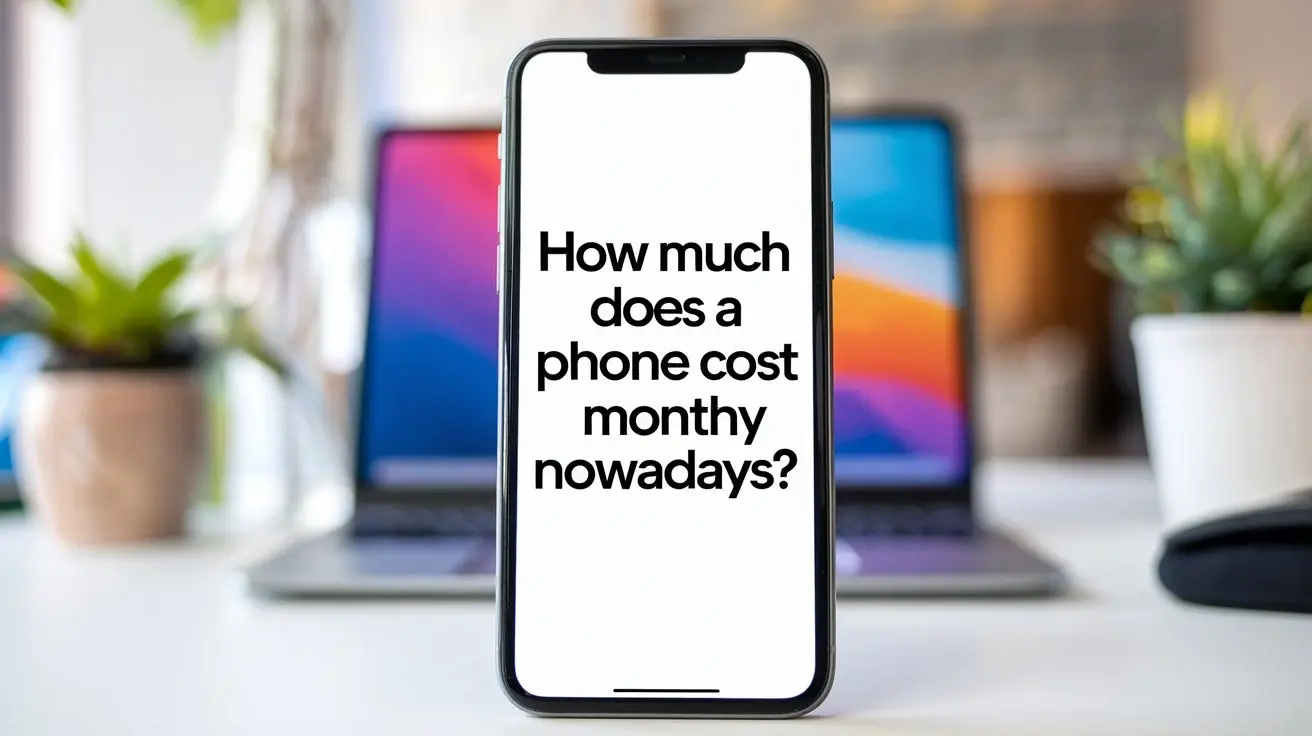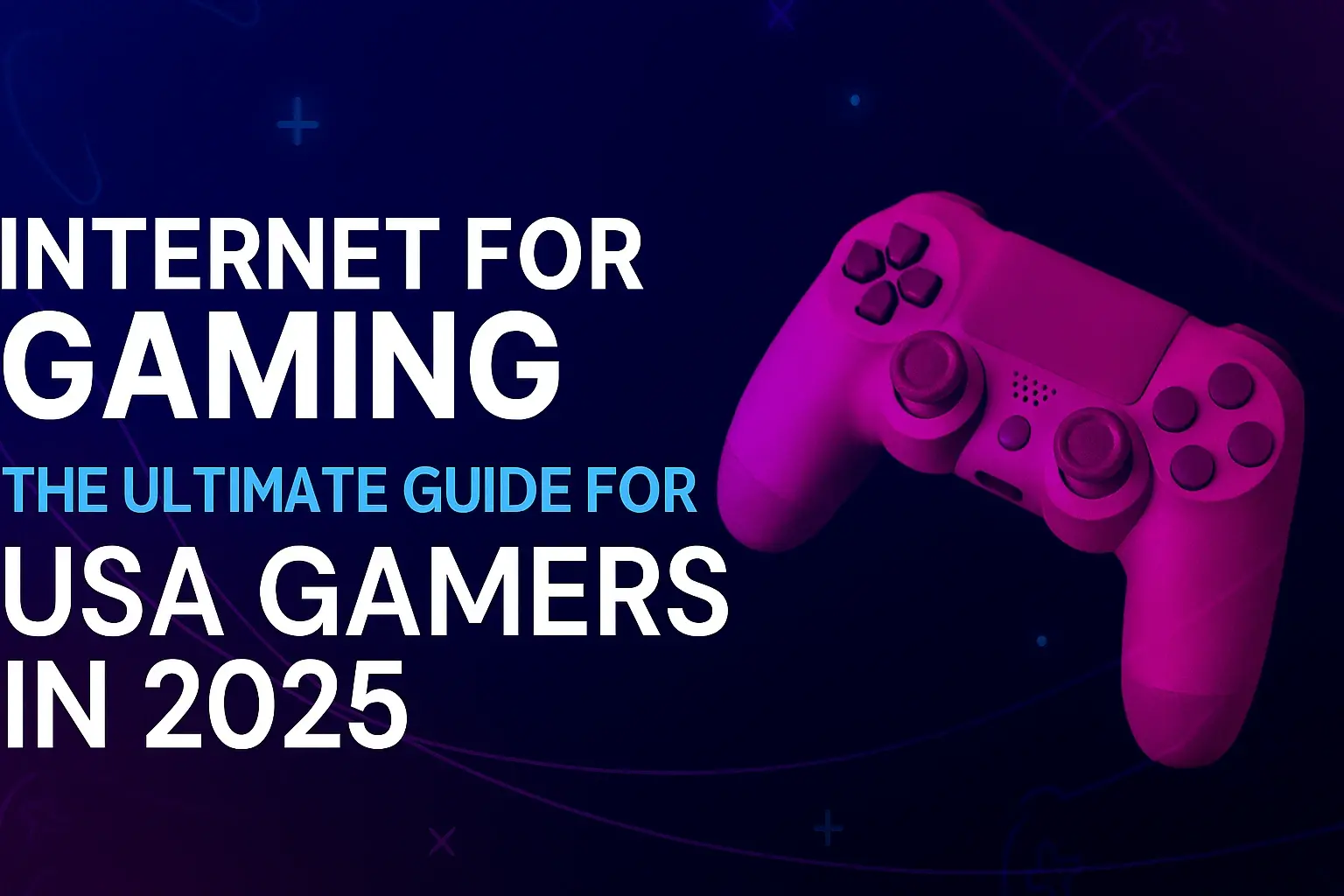
When it comes to online gaming, a stable and fast internet connection isn’t just a luxury—it’s a necessity. Whether you’re a casual gamer who enjoys playing with friends or a competitive esports player aiming for victory, your internet speed, latency, and reliability can make the difference between winning and losing.
In this guide, we’ll break down everything you need to know about the internet for gaming: from key technical requirements to the best connection types, providers, and tips for optimizing your setup.
Why the Internet Matters for Gaming?
Online gaming depends heavily on real-time communication between your device and game servers. Every millisecond counts. If your internet is too slow or unstable, you may experience:
-
Lag (Latency) – Delays between your input (like pressing a button) and the action happening in-game.
-
Packet Loss – Missing data during transmission, leading to rubber-banding or freezing.
-
Disconnections – Sudden drops from game servers, ruining your progress.
In short, your internet connection directly affects your gameplay performance and experience.
Key Internet Requirements for Gamers
When shopping for an internet plan for gaming, consider more than just download speeds. Here are the most important factors:
1. Download Speed
Download speed determines how quickly data (like updates, patches, and in-game assets) is delivered to your device. For most online games, 25 Mbps is usually enough for smooth gameplay, but higher speeds are recommended if multiple users in your home are streaming, downloading, or gaming at the same time.
2. Upload Speed
Upload speed is equally important, especially for competitive gaming or live streaming. It affects how quickly your inputs and actions reach the game server. Aim for at least 3–5 Mbps upload speed for smooth performance, and higher if you stream on platforms like Twitch or YouTube.
3. Ping (Latency)
Ping measures the delay between your device and the game server, usually in milliseconds (ms). The lower the ping, the better. For gaming:
-
<30 ms – Excellent
-
30–60 ms – Good
-
60–100 ms – Acceptable
-
100+ ms – Poor, likely noticeable lag
4. Stability (Jitter & Packet Loss)
Even if your speeds are great, unstable connections cause jitter (inconsistent delays) and packet loss. Both can ruin fast-paced games like shooters or sports titles. Fiber and cable connections are usually more stable than DSL or satellite.
Best Internet Types for Gaming
Not all internet connections are created equal. Here’s how each type stacks up for gamers:
1. Fiber-Optic Internet (Best Option)
-
Pros: Ultra-fast speeds (up to 1–5 Gbps), symmetrical upload/download, lowest latency, and most reliable.
-
Cons: Limited availability in some areas.
-
Best for: Competitive gamers, streamers, households with heavy internet use.
2. Cable Internet
-
Pros: Widely available, high speeds (100 Mbps – 1 Gbps), relatively low latency.
-
Cons: Bandwidth may slow down during peak hours if neighbors are online.
-
Best for: Most gamers who want reliable, fast internet without fiber.
3. DSL Internet
-
Pros: Affordable, widely available.
-
Cons: Slower speeds (5–100 Mbps), higher latency, outdated compared to fiber and cable.
-
Best for: Casual gamers in rural areas without fiber/cable.
4. 5G Home Internet
-
Pros: Wireless, portable, speeds rival cable/fiber in some cities.
-
Cons: Performance depends on signal strength, can have higher jitter.
-
Best for: Gamers in urban areas with strong 5G coverage.
5. Satellite Internet (Last Resort)
-
Pros: Available in remote/rural areas.
-
Cons: High latency (500+ ms), data caps, and slower speeds.
-
Best for: Non-competitive gaming in areas with no other option.
How Much Internet Speed Do You Need for Gaming?
Here’s a quick breakdown:
-
Casual Online Gaming: 25 Mbps download, 3 Mbps upload, ping <60 ms.
-
Competitive Gaming: 100+ Mbps download, 10+ Mbps upload, ping <30 ms.
-
Gaming + Streaming: 200–500 Mbps download, 20+ Mbps upload, ping <30 ms.
-
Large Households (multiple gamers): 500 Mbps – 1 Gbps download, symmetrical upload.
Top Internet Providers for Gaming in the U.S.
While availability depends on location, these ISPs are often ranked best for gaming:
-
AT&T Fiber – Ultra-low latency, up to 5 Gbps symmetrical speeds.
-
Xfinity (Comcast) – Wide coverage, reliable cable internet with high speeds.
-
Verizon Fios – Fiber with great stability and low ping.
-
Spectrum – Strong cable internet with unlimited data.
-
Google Fiber – Fastest and most reliable, though limited coverage.
Tips to Optimize Your Internet for Gaming
Even with a good plan, your setup matters. Follow these tips to maximize performance:
1. Use a Wired Connection (Ethernet)
Wi-Fi can suffer from interference, leading to higher ping and packet loss. Plugging directly into your router with an Ethernet cable ensures the most stable connection.
2. Upgrade Your Router
Gaming routers with Quality of Service (QoS) settings can prioritize gaming traffic over other devices.
3. Limit Background Usage
Pause downloads, streaming, and other heavy internet usage while gaming to avoid bandwidth congestion.
4. Position Your Router Correctly
If using Wi-Fi, place the router in a central, elevated location away from walls and interference sources.
5. Enable QoS Settings
Many routers let you assign priority to gaming devices, ensuring your console or PC gets the fastest connection.
6. Update Firmware & Drivers
Keep your router firmware, PC drivers, and console software updated to avoid unnecessary issues.
7. Consider a VPN for Gaming
Sometimes, a VPN can reduce ping by routing you through better servers, though results vary.
Future of the Internet for Gaming
With the rise of cloud gaming services like Xbox Cloud Gaming, NVIDIA GeForce Now, and PlayStation Plus, the demand for ultra-fast, low-latency internet is only growing. These services stream games directly to your device, meaning your internet connection is as important as your hardware.
In the future, fiber expansion and 5G rollouts will make high-performance gaming internet more accessible, even in rural areas. Gamers can expect faster, more stable connections with fewer limitations.
Final Thoughts
If gaming is an important part of your lifestyle, investing in the right internet connection is essential. Fiber-optic internet is the gold standard, offering unmatched speed and stability, but cable and 5G home internet can also provide strong performance depending on your area.
Before signing up, check availability in your location, compare plans, and prioritize low latency, stable upload speeds, and reliable performance over just raw download numbers.
Because at the end of the day, the best gaming experiences come when your internet keeps up with your skills.
null
